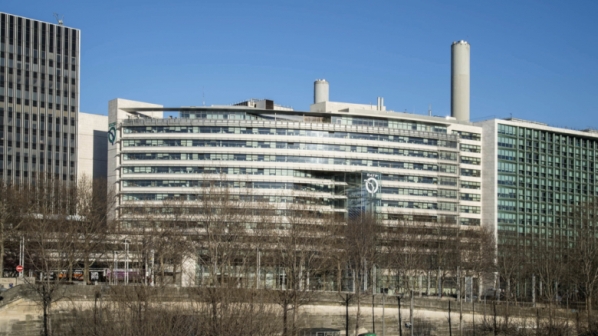Excluding the effects of the strikes, which began on December 5, Ebit would have increased 4% to €469m while revenue would have increased by 5.9% to €5.8bn.
Recurring Ebit was stable, dropping from €476m to €469m. Profit attributable to the group was down 34.6%, from €200m to €131m, while recurring profit attributable to the group was up 7.2% from €290m to €310m. Debt dropped slightly from €5.188bn to €5.182bn.
Growth was driven by strong results from RATP’s subsidiaries, in particular RATP Dev which saw turnover increase by 10.4% to €1.3bn with the ramp-up of new contracts in France, the United States and the Middle East. RATP Smart Systems also increased revenue by 17%.
RATP’s turnover was €4.4bn. Passenger ridership in the Île-de-France region increased by 2.6% excluding the effects of the strikes. Growth was primarily on the light rail network (up 12.6%), supported by the opening of the T3b extension to Porte d'Asnières in November 2018, followed by rail (up 3.7%) and RER (up 1.6%).
“The year 2019 ended with a major labour dispute, which weighed heavily on the group’s annual results, with a negative impact of €150m on the net result,” says RATP president and CEO, Ms Catherine Guillouard. “However, this should not make us forget the good results recorded in the previous months, which reflect both the dynamism of public transport activity in France and in the world, and the effects of the performance plans led by RATP and subsidiaries to improve their competitiveness.
“Overall, the group’s results held up well in 2019, with a net profit attributable to the group positive at €131m. Excluding the strike effect, operating profit increased by 4%. With the support of Île-de-France Mobilités, the RATP group will have invested 32% (€1.8bn) of its turnover in 2019 while stabilising its debt, which testifies to the solidity of our fundamentals.”
Outlook
In 2020, RATP says it will continue to invest in the Île-de-France region, and will also step up its efforts to improve the experience and information for travellers. Projects include:
- the inauguration of the northern extension of line 14 at Mairie de St-Ouen in the summer, adding 5.8km of tunnel and 4 new stations to the Paris metro network
- the continuation of work to extend lines 4, 11, 12 and 14 South,
- the award of a contract to supply a new EMU fleet for RER B at the end of 2020, as well as the first adaptation works to prepare for the introduction of the new trains
- the refurbishment of MI 84 trains for RER line B, with the first renovated trains due to re-enter service in April, and the refurbishment of MI 2N trains for RER line A, which are due to re-enter operation in late 2020, and
- the installation of Wi-Fi at 90 stations.

